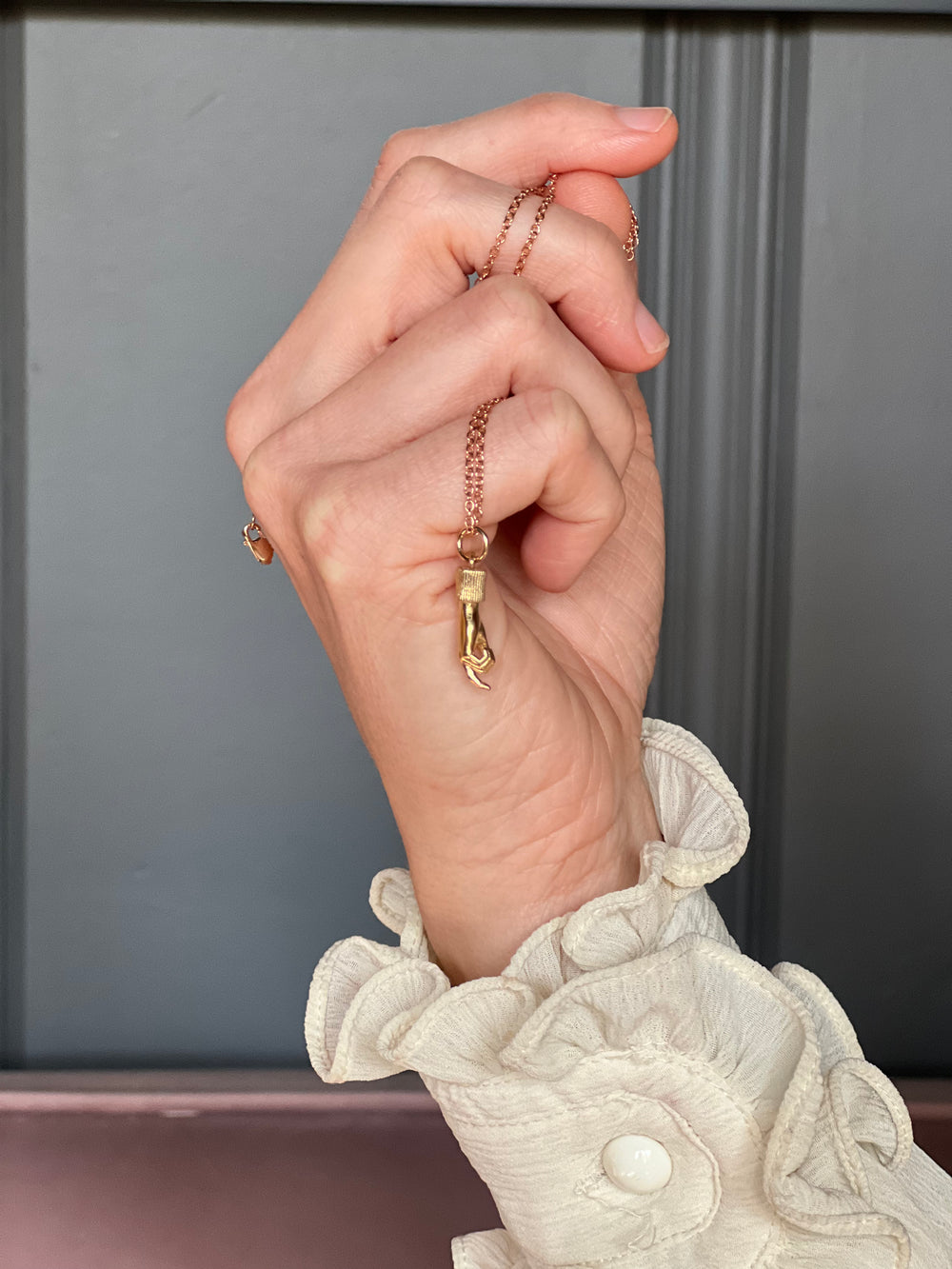My Grandmother, The Unlikely Feminist: The Complexity of Being Pro-Choice in 1930s Rural Louisiana

Wandering in my Brooklyn kitchen, days after being surrounded by a sea of pink hats and empowering slogans at the Women's March in 2016, my thoughts went to the women who raised me in rural Louisiana. My mother was an outspoken woman of the 60s who shaped the activist in me who came alive that day in Washington, DC. But what about my mother's mother? She was still alive, and in the almost four decades I knew her, we never spoke about this. What did she think? My Catholic grandmother, with her 8th-grade education and a life confined within a few square miles, had something surprising to say about women's rights when I finally did ask.
Born in 1928, my grandmother grew up with four siblings in a modest Cajun prairie home. The earth beneath their feet was tilled for cotton, which she picked in the hot Louisiana sun throughout her childhood along with her sisters. Her world would appear simple—horses and buggies were their transportation when they had long distanced to go, and Christmas presents were hand-made. She loved waking up early to be with her mother, alone, as she made coffee on the coal oil stove.
While the world outside was simple, inside the four walls of her home was a different story. Her father's harsh demeanor was a constant reminder that not everything was fair or just, particularly for women. My great-grandfather, like many men then and many men now, was described as having a bad temper when, in reality, it was abusive behavior. When my grandmother would talk about her parents, she would use words like kind to describe her mother and hateful to describe her father. Yet, her father would live long past her mother, and I can remember her caring for him in his old age.
When I returned from the Women's March, spurred by a newfound urgency to discuss women's issues, I broached the subject with her for the first time on the phone. 'Grandma, what do you think about abortions?' Her response defied all my expectations.
After spending nearly fifteen years away from rural Louisiana, my perspective had been significantly shaped by my experiences in the Northeast. In this new context, I'd unwittingly developed assumptions about what certain demographic traits might imply about one's views on reproductive rights. My grandmother, being Catholic, minimally educated, and not well-traveled, seemed to fit neatly into the category of people I assumed would hold conservative views on the matter. This unexamined assumption had prevented me from ever broaching the subject with her. Yet, when I finally did, her immediate response shattered my preconceptions: 'Of course women should be allowed to decide if they want to end the pregnancy. Because who else is going to take care of the child?'
She didn't have to elaborate on what she meant. Knowing her background and what I knew as a young mother, her statement reflected real issues known to mothers no matter their status. Even with a support system in place, whether it's family, church or the government, the responsibility of a child falls on the mother.
Her statement wasn't just an opinion. Her viewpoint was steeped in the reality she had lived, shaped by the desperation she had witnessed, hardened by the choices her mother had to make. 'Women would come to Mama,' she told me, revealing a well-kept family secret. 'It was the country, and people were poor, women didn't know about birth control, and they already had too many kids. Mama had a recipe that could help them."
As I sat there, absorbing the weight of her words, I realized my fight at the Women's March wasn't just mine—it was my grandmother's and her mother's before her. I was marching for a legacy of strong women who, despite being hemmed in by their circumstances, found the courage to advocate for the right to choose in the best way they knew how.
Photo source: Lewis Hine




Leave a comment